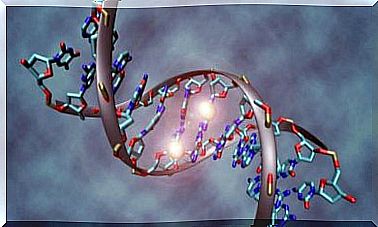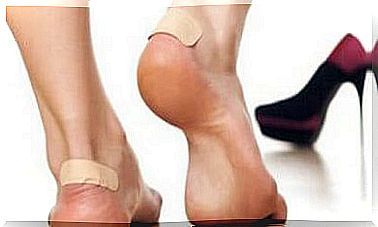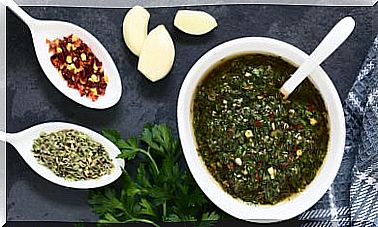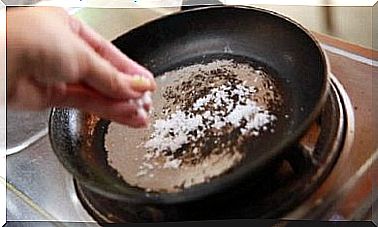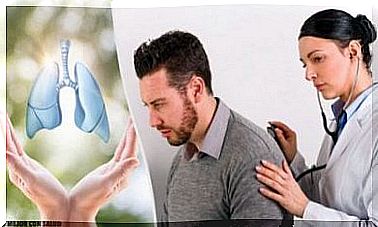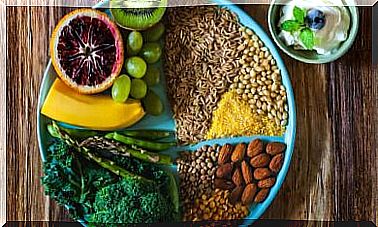Food Poisoning – How To Prevent It?
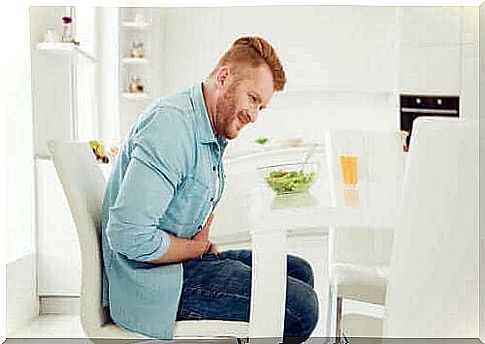
In this article we will discuss the precautions you should take to prevent food poisoning. For example, in Spain last year, 357 people were diagnosed with food poisoning and 21 outbreaks of food-borne disease were identified.
The most common disease is a bacterium known as Salmonella , which is found in raw or undercooked eggs, among others. In summer, when the temperatures are higher, the chances of poisoning with this bacterium are much greater.
For this reason, precautions should be taken to prevent possible food poisoning. Take them into account!
Food poisoning – how to prevent it
According to information published in the medical journal Paediatrics & Child Health , children, the elderly and those with weakened immune systems tend to have more problems due to germs in food.
However, the same report emphasizes that there are preventive measures that help promote food safety for the whole family. We will discuss the most important of them in detail below.
Cook food thoroughly
Most of the bacteria that cause infections or food poisoning are not very resistant to heat or cold. Their ideal temperature range is quite specific and close to that of the human body.
Thus, cooking food thoroughly is a great strategy for eliminating pathogenic bacteria. For some food products, such as milk, the heat treatment is done in the bottling plant.
However, when it comes to meat and eggs, every consumer should cook them thoroughly before eating. Leaving red meat inside poses a greater health risk, especially if the meat or fish has not been properly stored beforehand.
A common example is ground beef in hamburgers. Occasionally, this meat can contain large amounts of bacteria known as E. Coli . It must be heat-treated to a minimum of 71 ° C to be safe for consumption.

The first step in preventing food poisoning is to cook it thoroughly. In this way, many pathogenic pathogens can be eliminated.
Fish freezing and food poisoning
Other bacteria such as Anisakis nematodes are sensitive to cold. Freezing fish, such as hake, that may contain them, eliminates them. Thorough heat treatment of fish destroys their larvae and thus significantly reduces the risk of poisoning.
Poisoning with this parasite is especially dangerous because it can cause anaphylaxis, as reported in a research study published in Internal Medicine .
Defrosting food in the refrigerator
Thawing food at room temperature encourages the proliferation of pathogens it may contain. In such cases, it is best to defrost food in the refrigerator. Defrosting in a microwave oven is also an effective way.
Keep raw foods separate from cooked foods
This will avoid possible cross-contamination between food products. It is important to separate meat from fish and seafood, both during storage and when preparing meals.
Do not store open tomato sauce for more than 3 or 4 days
A common mistake and source of botulism is to leave open jars of tomato sauce in the refrigerator for days. This food is an excellent medium for Clostridium botulinum .
Botulinum toxin (botox) is produced by bacteria. Its consumption causes progressive paralysis of the body and multi-organ failure. This bacterium and its toxin are quite heat-sensitive. Therefore, cooking the food thoroughly also reduces the risk of poisoning.
However, it is recommended to store tomato sauces in airtight or vacuum-sealed jars and consume them within 3 or 4 days after opening.
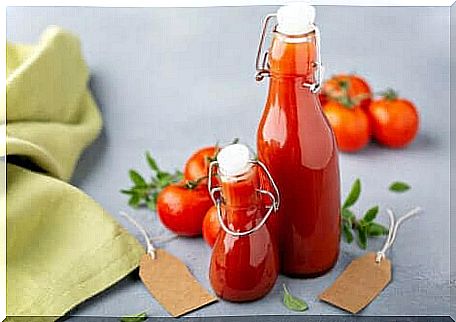
Tomato sauce is a perishable food product. For this reason, it is important to store it properly.
When in doubt, throw it out
If the food in question has an unpleasant odor, has become sour, or you suspect it may be spoiled, it is best to discard it.
Often, common sense is enough to prevent food poisoning. Therefore, when you suspect that something might be broken, it is better to just throw it away than face the consequences.
Not all contaminated food products will look bad or smell bad. Even foods that appear normal can contain pathogenic bacteria. When you have any doubts about the storage of a given product or you suspect that it may have come into contact with contaminated food, it is best not to eat it.
Perishable products
- Raw or undercooked beef and poultry.
- Uncooked / undercooked fish and seafood.
- Raw or undercooked eggs.
- Raw sprouts such as alfalfa.
- Unpasteurized milk and dairy products.
- Soft cheeses.
- Meat patties and pastes.
- Hot dogs, canned meats and cold cuts.
Food poisoning – control your diet
Have you ever had food poisoning? Are you wondering if the products you eat are safe?
Don’t forget to follow these preventive measures. Also, if you are suffering from symptoms of foodborne illnesses, consult your doctor as soon as possible.
